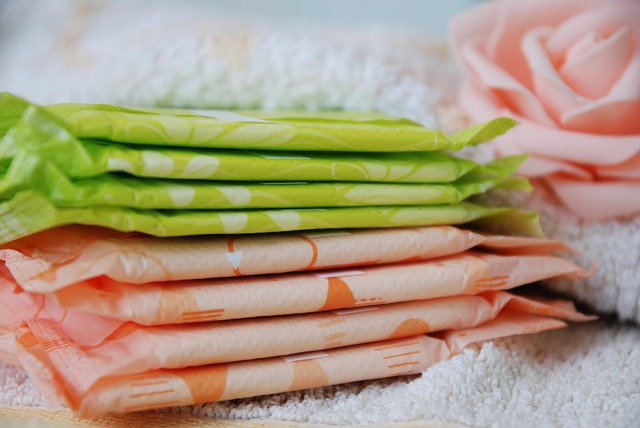Maintaining proper hygiene during your period isn’t just about staying clean it’s crucial for your health and comfort. Poor menstrual hygiene can lead to irritation, infections, and embarrassing odors. Whether you use pads, tampons, or menstrual cups, knowing how to care for your body during this time is key. This guide will walk you through the best period hygiene tips to help you feel fresh, safe, and confident throughout your cycle.
Why Period Hygiene Matters
During menstruation, your body becomes more prone to bacterial growth, especially in warm, moist environments. Neglecting hygiene can lead to
-
Vaginal infections or irritation
-
Skin rashes or chafing
-
Strong menstrual odor
-
Urinary tract infections (UTIs)
-
Toxic shock syndrome (TSS) in rare cases (especially with improper tampon use)
Following good hygiene practices helps prevent discomfort and protects your intimate health.
1. Change Menstrual Products Regularly
Whether you’re using sanitary pads, tampons, or a menstrual cup, changing them frequently is the most important hygiene step.
-
Pads Change every 4–6 hours, or sooner if soaked.
-
Tampons Change every 4–6 hours. Never leave in for more than 8 hours.
-
Menstrual cups Empty and rinse every 8–12 hours depending on your flow.
Avoid leaving any product in place for too long to prevent bacterial build up and irritation.
2. Wash Your Hands Before and After
Always wash your hands thoroughly with soap and water before inserting or removing tampons, menstrual cups, or changing pads. This prevents transferring bacteria to your intimate area.
3. Gently Clean the External Area
Use warm water to clean your vulva once or twice daily. Avoid harsh soaps, douches, or perfumed products that can disrupt your natural pH and cause irritation.
Stick to fragrance-free, mild cleansers if you choose to use anything other than water.
4. Wear Comfortable, Breathable Underwear
Go for cotton underwear during your period, which allows better airflow and reduces the chance of moisture build up. Avoid tight, synthetic fabrics that trap heat and sweat.
5. Dispose of Menstrual Products Properly
Wrap used pads or tampons in tissue or the product’s wrapper and dispose of them in a sanitary bin. Never flush them down the toilet, as they can clog pipes and pollute water systems.
If you use a menstrual cup, clean and sanitize it after each cycle.
6. Shower Daily
Take at least one shower a day to stay clean and prevent odor. During heavy flow days, consider showering more than once if needed.
Avoid very hot water and harsh body washes on sensitive areas.
7. Change and Clean Your Underwear Frequently
If your flow is heavy or you experience leaks, change your underwear as needed to stay dry and comfortable. Carry extras when you’re out.
Wash underwear with mild detergent and ensure it’s completely dry before use.
8. Stay Hydrated and Eat Nutritiously
Good hygiene includes caring for your internal health. Staying hydrated and eating a balanced diet rich in iron and fiber can help manage cramps, fatigue, and general discomfort.
9. Be Prepared When You’re On the Go
Keep a small pouch in your bag with
-
Extra pads, tampons, or liners
-
A clean pair of underwear
-
Hand sanitizer
-
Disposable wipes (fragrance-free)
Being prepared helps you manage your period confidently, even while traveling or at work.
10. Don’t Ignore Unusual Symptoms
If you notice
-
Foul-smelling discharge
-
Persistent itching or burning
-
Unusually heavy bleeding
-
Fever or fatigue while using a tampon
Consult a healthcare provider. These may be signs of an infection or a rare condition like toxic shock syndrome.
Practicing good menstrual hygiene is not just about cleanliness it’s essential for your health, comfort, and confidence. By following these period hygiene tips, you can manage your cycle more effectively and reduce the risk of irritation, infection, or discomfort. Make self-care a priority every month, and listen to your body’s needs.


